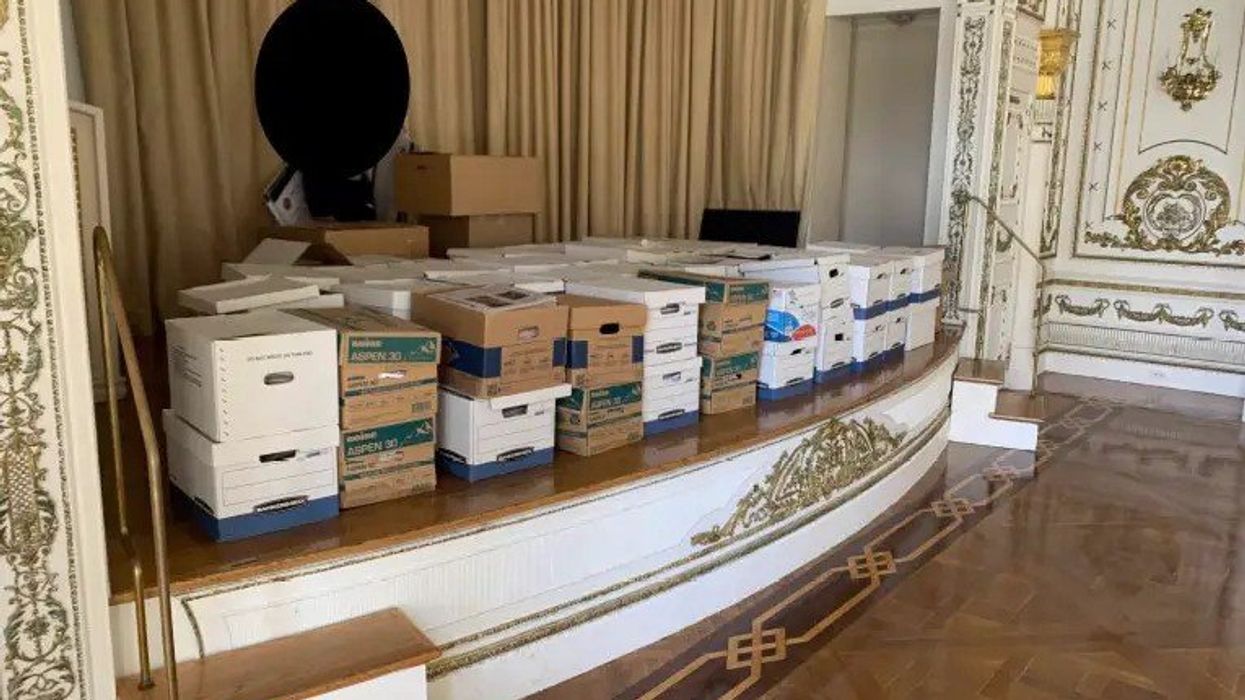Nelson is a retired attorney and served as an associate justice of the Montana Supreme Court from 1993 through 2012.
An article caught my eye, and at first I read it as a simple news item, probably of not much interest to most people.
That is, until the irony hit me.
Here’s the story, as reported by CNN on Jan. 29:
The man who stole and leaked former President Donald Trump and thousands of others’ tax records has been sentenced to five years in prison.
[The 38-year-old defendant] pleaded guilty to one count of unauthorized disclosures of income tax returns. According to his plea agreement, he stole Trump’s tax returns along with the tax data of “thousands of the nation’s wealthiest people,” while working for a consulting firm with contracts with the Internal Revenue Service. ...
Judge Ana Reyes highlighted the gravity of the crime, saying multiple times that it amounted to an attack against the US and its legal foundation.
“What you did in attacking the sitting president of the United States was an attack on our constitutional democracy,” Reyes said. “We’re talking about someone who ... pulled off the biggest heist in IRS history.”
The judge compared the defendant’s actions to the Jan. 6, 2021, attack on the Capitol, saying, “your actions were also a threat to our democracy.”
The defendant, Charles Littlejohn, accepted responsibility: “My actions undermine the fragile faith” in the government.
So, the defendant committed a crime (and tried to cover it up), was caught, accepted responsibility for his conduct, pleaded guilty and was sentenced to serve five years in prison.
Yes, justice was served. But here’s the irony.
As reported in various media, Donald Trump purloined and willfully retained hundreds of classified documents from the federal government when he left office in 2021, and then conspired to prevent their return to U.S. officials. These records contained national defense information, including a “plan of attack” prepared by the Pentagon that he shared with a publisher and writer. A month or so later at his Bedminster golf club, Trump showed a representative of a political action committee “a classified map related to a military operation.”
Trump was charged with over 30 felony counts of willful retention of national defense information, a violation of the Espionage Act. The charges are based on documents that the government says contain classified information ranging from top secret to secret, the two highest classification levels for national security information. Also charged was Trump’s valet, Walter Nauta, who faces several of the same charges as his boss, with whom he allegedly conspired to keep classified records and hide them from a federal grand jury.
Trump (who has been accused of instigating the Jan. 6 insurrection) has called the charges a “witch hunt.” He has never accepted responsibility for his conduct — the same sort of conduct that has landed military personnel and civilians in prison. And the judge in charge of Trump’s case (whom he appointed to the bench) has seemingly done everything possible to delay the trial and favor Trump over the government prosecutors.
The rule of law should apply equally to all who violate it. But, obviously, it doesn’t. Steal from the wealthy, you get nailed; if you’re wealthy and steal, well, that’s a witch hunt.
Abraham Lincoln believed that unpunished willful and repeated violations of the rule of law would destroy democracy. To protect the rule of law and support the Constitution was a sacred obligation of every citizen.
Indeed, Lincoln called for Americans to exercise “general intelligence, sound morality, and in particular, a reverence for the constitution and laws.”
He added” “Let reverence for the laws ... become the political religion of the nation; and let the old and the young, the rich and the poor, the grave and the gay, of all sexes and tongues, and colors and conditions, sacrifice unceasingly upon its altars.”
In other words, no different rules for different folks.




















Trump & Hegseth gave Mark Kelly a huge 2028 gift